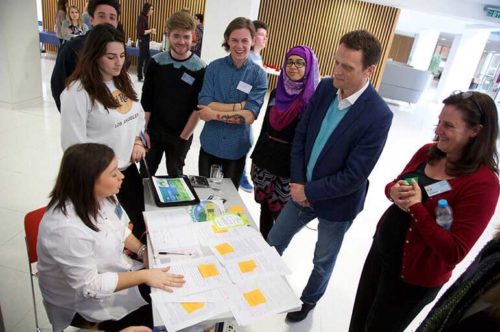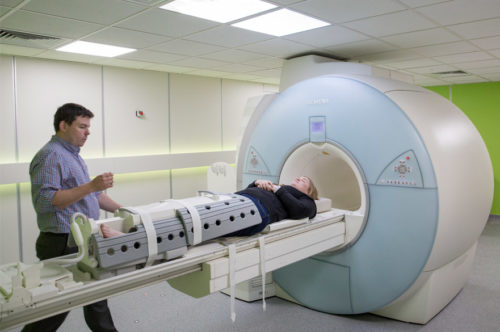Why study sociology and psychology?
Studying people and society, and the science of the mind, helps us understand what shapes different behaviours, beliefs and attitudes in different communities and parts of the world.
By exploring the cultural, political, economic and human factors that influence the way we live, we can we can engage with, research and formulate solutions to social issues from a more informed place.
You’ll get an in-depth understanding of sociology and psychology plus research, presentation, writing, critical analysis, and listening skills. You’ll learn to use a diverse range of information sets to employ a contextual and holistic approach to social issues and problems.
Why UWE Bristol?
BSc(Hons) Sociology with Psychology focuses on making a difference to ‚self and society’ by exploring aspects of both of these disciplines.
Through a broad curriculum, and the support of our staff who are leaders in their field, you’ll engage with real issues, and develop fresh insights and solutions to help improve people’s lives from a social and psychological perspective.
Learn to evaluate evidence, approach problems from multiple angles, and build your expertise in research, analysis and communication.
Carry out your own research projects to develop, test and apply new solutions to contemporary social and psychology-related issues. Students have done projects on body image and the media, anxiety and depression in young adults, impressions of mental health in education, the psychological power of fascism, and social insecurity in the job market for young people. These are a small snapshot of the types of projects that students undertake.
Gain industry insights from guest speakers, and take part in work-based learning, through our links with organisations such as the Bristol Youth Offending Team, Bristol Youth Education Service and the police.
Activities such as volunteering, placements and internships will build valuable vocational experience, and deepen your skills and knowledge further, to make you highly sought after when you graduate.
Recent graduate Sophia Hanke was inspired by her course to make a short three-minute film titled ‚Welcome to Sociology at UWE Bristol’, which features students and lecturers talking about their course.
Where can it take me?
The broad skills and industry-focused experience you’ll gain will make you attractive to a wide range of employers.
You could pursue a career in research, education, social work, charity work or counselling, or work in the legal or media sectors.
You could also keep studying, and go on to do a postgraduate course or research degree.
Graduating in Sociology from UWE Bristol will open up a variety of interesting and rewarding future possibilities for you. In this short film, some of our recent Sociology graduates discuss how their course has helped them to develop their graduate careers.
Zobacz więcej na stronie uniwersytetu >>








